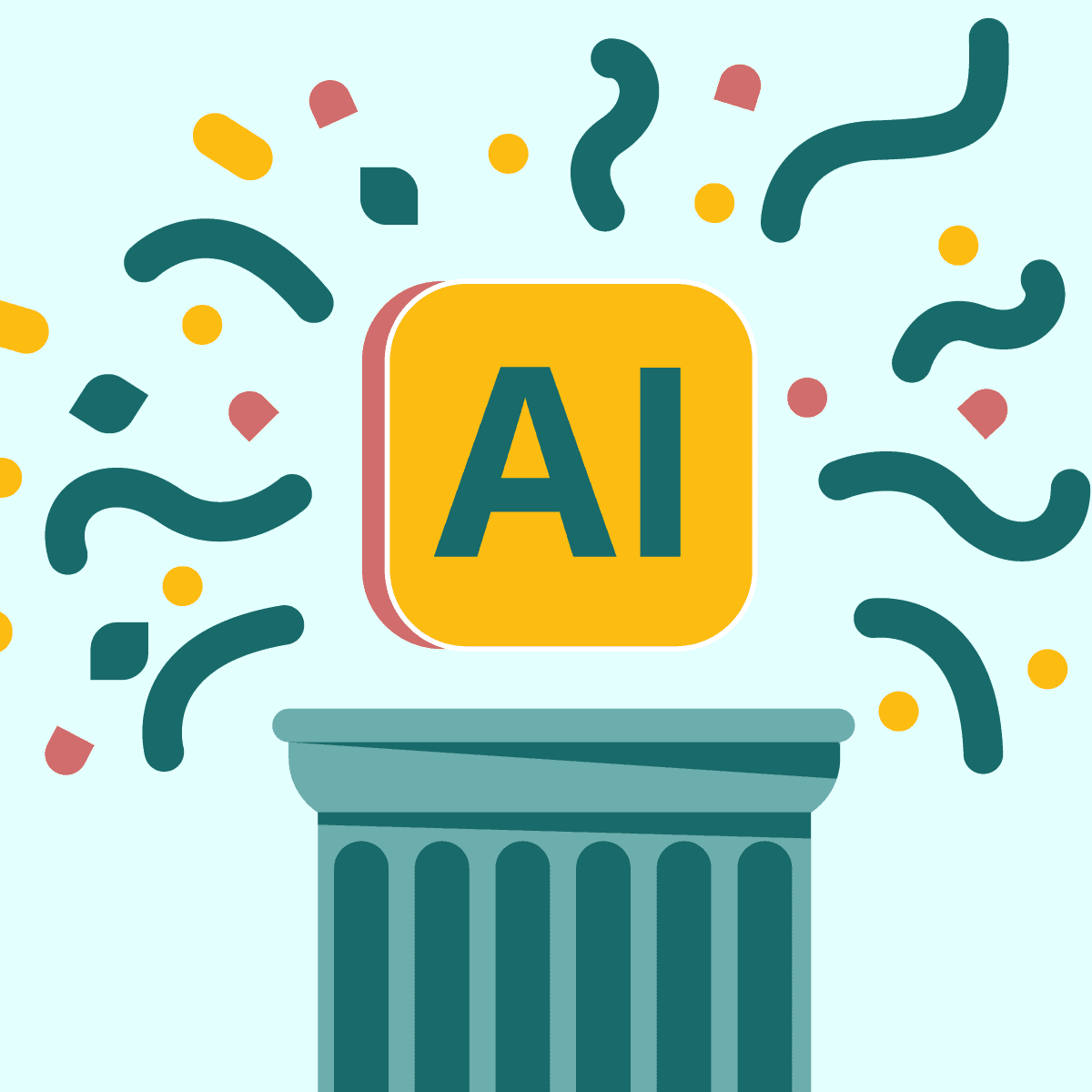Best AI Services: Top Picks for Businesses in 2024
Artificial intelligence has revolutionized numerous industries, offering powerful tools and solutions for businesses and individuals alike. As AI technology continues to advance, an increasing number of services harness its capabilities to streamline processes, enhance productivity, and unlock new possibilities. The best AI services combine cutting-edge algorithms, robust infrastructure, and user-friendly interfaces to deliver exceptional value across various applications.
These services span a wide range of domains, from natural language processing and computer vision to predictive analytics and automation. Some focus on specific tasks like content creation or customer support, while others provide comprehensive platforms for developing custom AI solutions. Many leading tech companies and specialized startups now offer AI-powered tools that cater to diverse needs and skill levels.
Choosing the right AI service depends on factors such as the specific use case, technical requirements, scalability, and integration capabilities. By leveraging these advanced technologies, organizations can gain valuable insights, improve decision-making processes, and stay competitive in an increasingly AI-driven landscape.

Evolution of AI Services
AI services have undergone significant transformations, expanding from basic algorithms to sophisticated systems capable of complex tasks. These advancements have revolutionized industries and opened new possibilities for human-machine interaction.
Early Developments in AI Technology
The foundations of AI services emerged in the mid-20th century. Researchers developed early machine learning algorithms and expert systems. These initial efforts focused on rule-based approaches and symbolic AI.
Neural networks, inspired by the human brain, gained attention in the 1980s. However, limited computing power hindered their practical applications. AI winters followed periods of high expectations, slowing progress temporarily.
In the 1990s and 2000s, statistical methods and machine learning techniques advanced. This led to improvements in natural language processing, computer vision, and robotics.
The Rise of Large Language Models
Large language models marked a significant leap in AI capabilities. These models, trained on vast amounts of text data, demonstrated remarkable language understanding and generation abilities.
GPT (Generative Pre-trained Transformer) models, introduced by OpenAI, set new benchmarks in natural language processing. Each iteration showed improved performance and broader applications.
Other tech giants, including Google and Microsoft, developed their own large language models. These advancements fueled competition and innovation in the AI industry.
Generative AI and its Applications
Generative AI expanded beyond text to encompass images, audio, and video creation. Tools like DALL-E, Midjourney, and Stable Diffusion enabled users to generate high-quality images from text descriptions.
In the audio realm, text-to-speech and voice cloning technologies improved dramatically. AI-generated music and sound effects became more sophisticated and realistic.
Video generation and editing tools leveraging AI emerged, simplifying content creation processes. These advancements found applications in entertainment, marketing, and education sectors.

Build a more powerful help desk with Risotto
Minimize Tickets and Maximize Efficiency
Simplify IAM and Strengthen Security
Transform Slack into a help desk for every department
Schedule your free demo



